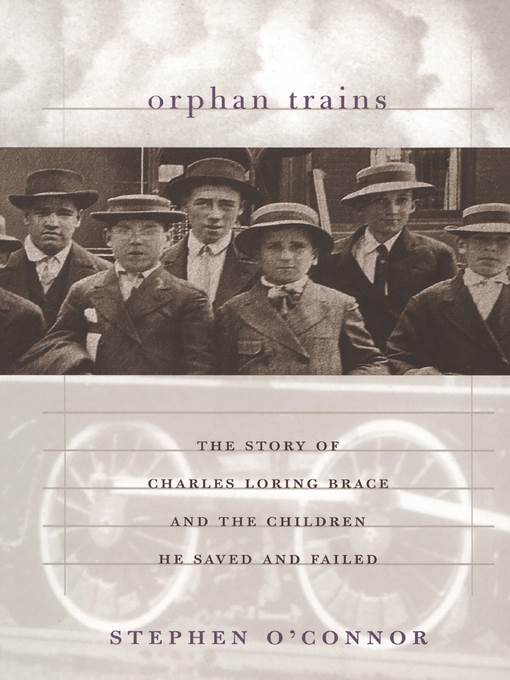
Orphan Trains
The Story of Charles Loring Brace and the Children He Saved and Failed
فرمت کتاب
ebook
تاریخ انتشار
2014
شابک
9780547523705
کتاب های مرتبط
- اطلاعات
- نقد و بررسی
- دیدگاه کاربران
نقد و بررسی

February 5, 2001
From 1854 to 1929, an estimated 250,000 children were "emigrated" out of "vice-ridden" urban areas and put up for grabs in the West, where labor was in short supply. Brace (1826-1890) educated himself for the ministry, but under the influence of Darwin and progressive European experiments like the Rauhe Haus, a children's settlement house, he set about saving lives. Rather than work with adults ("saving" prostitutes or banning rum), Brace chose to save their children. As organizer of the Children's Aid Society (CAS), he devised a series of projects to help street kids help themselves: lodging houses, industrial schools and, finally, the infamous "orphan trains." As haphazard and casual as Brace's adoption system may have been, it was the only solution to child abuse and neglect in America at the time. O'Connor intercuts his narrative with the life stories of a few orphan train successes and failures, as if to emphasize that there's no clear verdict on the CAS and what they did. While the book is organized as a biography of Brace, O'Connor digresses compellingly, drawing readers into accounts of rancher warfare, protestant philosophy and Horatio Alger's pedophilia. With a fast-forward to modern times, he reveals that there's nothing new about the crises in what we now call the foster care system. (Feb.) Forecast: From the typeface to the footnotes, this effort is too scholarly for general interest audiences, although it's bound to be required reading for anyone in the social work field.

























دیدگاه کاربران